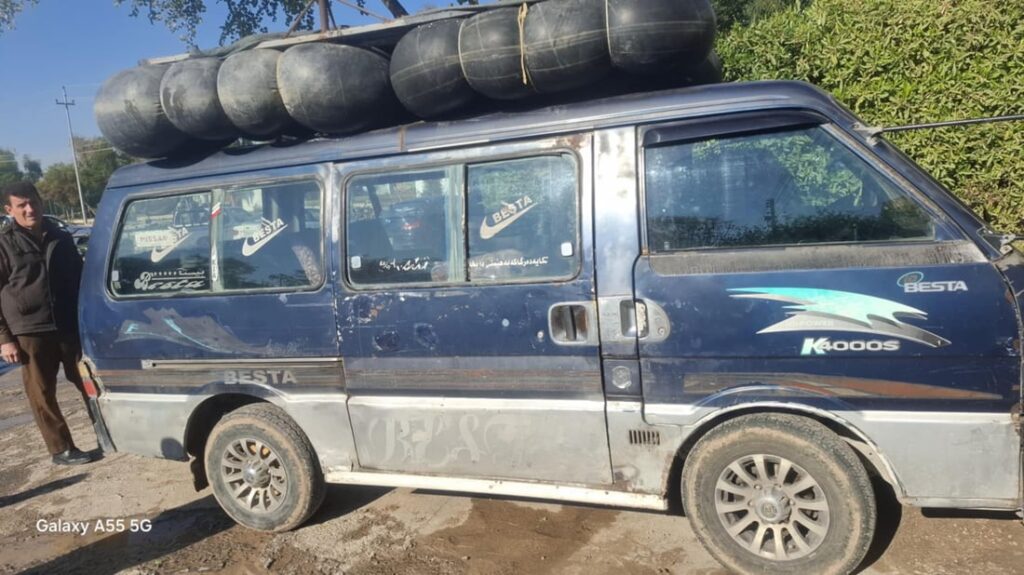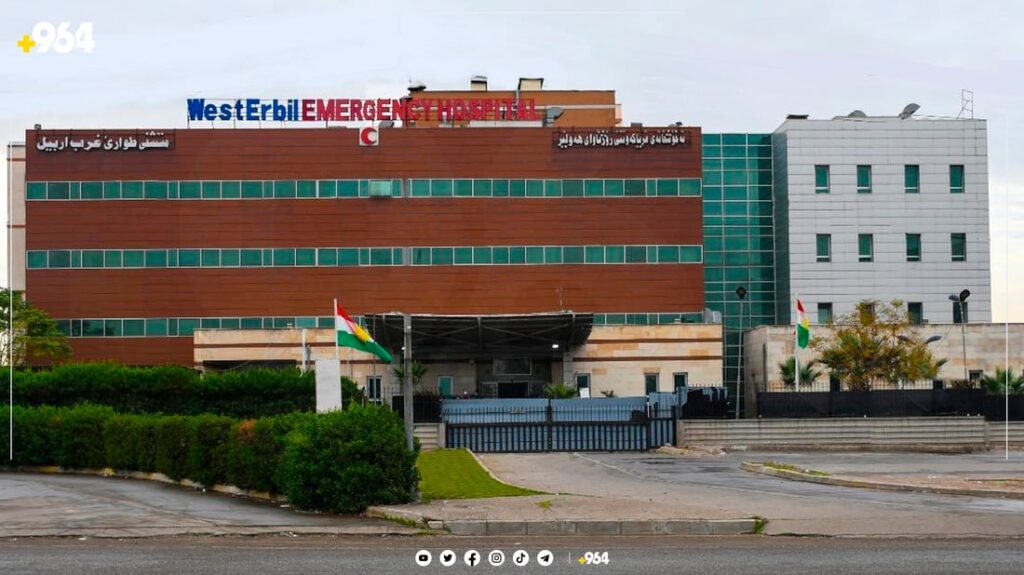Peshmerga return to Kirkuk ‘intrinsic’ to defeating ISIS remnants: analyst

Coupled with the group’s return to its earlier insurgency tactics, following the destruction of its so-called caliphate, Iraqi forces are struggling to locate and neutralize militants in these areas.
Dr Dylan O’Driscoll, a researcher in the Peace and Development Programme at Stockholm International Peace Research Institute (SIPRI), recently published an analysis outlining the challenges Iraq faces in securing and stabilizing the region.
ISIS militants “are currently focused on targeted assassinations of tribal and village leaders seen as cooperating with the government and key Iraqi Security Forces (ISF) personnel, as well as attacks against checkpoints just outside of its zone of operations,” the analysis notes.
O’Driscoll also points out that ISIS can operate almost completely unhindered at night, as neither the ISF nor any other government force appears willing to leave its base after dark. This enables ISIS to undertake criminal activities to finance its operations, which “weakens the local faith in the central government’s capacity to provide security.”
Reestablishing coordination between the ISF and the Kurdish Peshmerga, which fell apart when Iraq used military force against the Kurds to capture Kirkuk in October 2017, together with restoring a local Sunni-led security force in this wider region, are key to decisively combating this ISIS threat, he argues.
Since the events of October 2017, major security gaps have opened up between the ISF and Peshmerga front lines, leading to an absence of real trust and coordination between them. This relieved pressure on ISIS in these key areas.
As recently as April 14, ISIS released a 21-minute video in which militants appeared to execute village chiefs and Sunni tribal fighters. The video also featured footage of an explosives workshop and recent fighting with Iraqi forces.
If security coordination is reestablished, Baghdad will then need to take steps to reverse the damage ISIS has afflicted “through rebuilding, repopulating and providing services in these spaces – essentially introducing genuine state involvement and support to these areas,” O'Driscoll adds.
Speaking to Rudaw English, O'Driscoll stressed the necessity of bringing the Peshmerga back to Kirkuk.
“I think a deal between the Erbil and Baghdad needs to be made for the return of the shared security arrangement in Kirkuk,” he said.
“The current situation is not in the long-term benefit of Kirkukis. However, this is complicated by the current PUK/KDP relations,” said O'Driscoll, referring to the Kurdistan Region’s two main parties.
“In order to negotiate on Kirkuk, the Kurds first have to have a unified stance and this involves agreeing on the division of government positions first,” he added, in reference to ongoing government formation talks.
The Kurds also might have less incentive to work with the ISF if US President Donald Trump cuts America’s defense budget contribution to the Peshmerga from $290 million per year to $126 million in October.
The aim of this US military assistance to the Peshmerga is to outfit their brigades “with ammunition, vehicles and anti-tank weapons to get them in line with US military standards so they can conduct joint patrols with the Iraqi Security Forces.”
However, with the prospect of a major budget cut, this could prove much easier said than done.
As Al-Monitor recently noted, the Ministry of Peshmerga will have an even harder time bringing together different Peshmerga forces to work with the ISF in Kirkuk if its budget is significantly reduced.
That being said, Baghdad has been approving budget payments to the Kurdistan Region since relations began to thaw with Erbil, including Peshmerga salaries. This signals a return to the pre-2014 status quo when Baghdad provided the Kurdistan Region with its constitutional share of the federal budget. Over time, this could foster much-needed cooperation in Kirkuk and other legally disputed territories against a common adversary.
“With regards to salary cutting, I see this as all part of negotiations and if the Peshmerga are providing security in Kirkuk and beyond then salaries can once again be negotiated,” O'Driscoll said.
“The negotiations for the Peshmerga to return to Kirkuk will have to cover a range of issues, including the governorship, salaries, command structures, and collaboration.”
More broadly, O'Driscoll sees renewed coordination between the ISF and the Peshmerga in Kirkuk on both security and governance as “intrinsic for the province’s future.”
“One group trying to take full control of the province does nothing to solve the underlying issues and it is always the people that suffer,” he said.
“Like Basra, Kirkuk is a rich province and it is important that there is a focus on the economic and social development of the province.”


